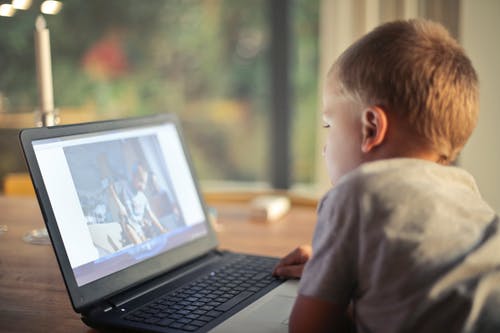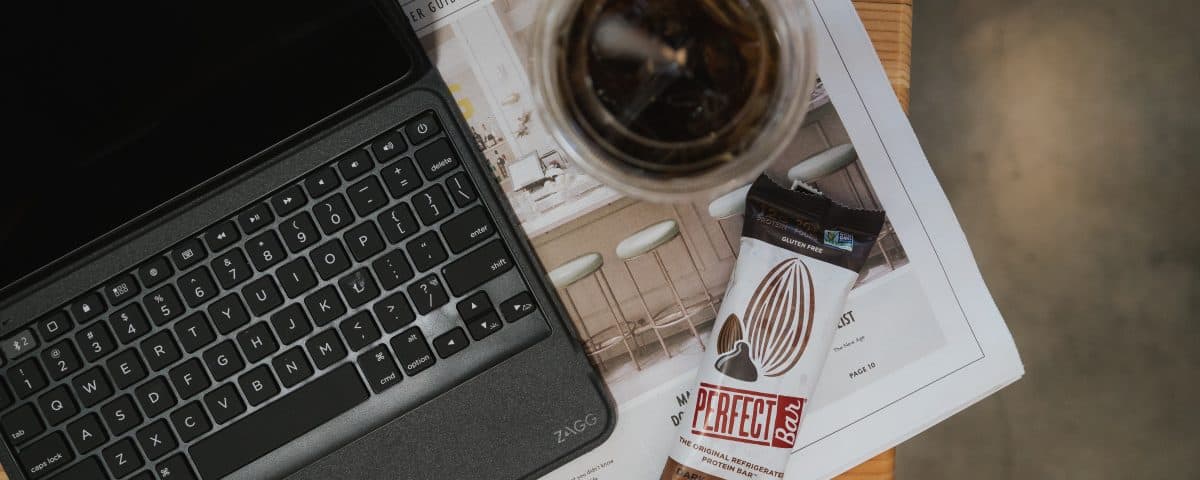Objective Measures of Screen Time for Children and Adolescents
September 4, 2019
Children’s Perceptions of Parental Screen Time Control Apps
September 18, 2019
Today’s post comes from Kristie Hicks, discussing her recently published paper entitled “Examining the Association Between Screen Time, Beverage and Snack Consumption, and Weight Status Among Eastern North Carolina Youth” (available here). More on Kristie can be found at the bottom of this post.
Increased time using the television, computers, smart phones and video games is not uncommon among children and adolescents. Sedentary activities, specifically recreational screen use, tend to rise as adolescents age and are a contributing factor for increased weight status. Although not studied previously in young adolescents, it is likely that adolescents who engage in high screen time tend to increase snacking which can impact weight status overtime. According to the 2015 Youth Risk Behavior Survey, 16.9% of North Carolina’s high school students were obese, which makes middle schools an ideal setting to provide obesity prevention interventions for adolescents.
Data for this study were from a middle school-based adolescent obesity prevention intervention in North Carolina, Motivating Adolescents with Technology to Choose Health™ (MATCH). MATCH is offered to fit within standard seventh grade curriculum in alignment with North Carolina public schools and includes evaluation, education, motivation and physical activity components. The hypothesis for this study was that higher screen time would be positively associated with unhealthy beverage and snack consumption and BMI z-score among seventh graders participating in MATCH during the fall of 2015.
Secondary data were analyzed from seventh graders in 26 MATCH-participating schools. Anthropometric measures, demographics and self-reported health behaviors were assessed at baseline. Student responses to a self-administered lifestyle habits questionnaire created for MATCH assessed screen time and nutrition behaviors, with nutrition questions from the validated Beverage and Snack Questionnaire©. Based on analyses of results, conclusions were made about students’ frequency of unhealthy snack and beverage consumption per week, total screen time in hours per week and BMI z-score, while adjusting for school, sex and physical activity.
Among the 2,763 students included in this study, the mean total screen time reported was 25 hours per week, mean sugary beverage consumption frequency was 40 times per week, and mean unhealthy snack consumption was 67 times per week. Findings revealed that total screen time was positively associated with sugary beverage and unhealthy snack consumption, while the association with BMI z-score was not statistically significant. These findings show that one additional hour of screen time per day is associated with consuming 3.3 additional sugary beverage per week and 7.1 additional unhealthy snacks per week. Limitations include the cross-sectional design and that behavior data were self-reported and included only frequency and not portion size; no conclusions can be made about causation.
More research is necessary to examine and understand the underlying behavioral, environmental or emotional factors that may link increased screen time with BMI z-score and consuming unhealthy snacks and beverages. The results of this study inform the need for improved adolescent obesity prevention interventions and a deeper understanding of the likelihood of types or timing of screen use being associated with consumption of unhealthy snacks and/or beverages.

About the Author: Kristie Hicks is the Diabetes Program Assistant at the North Carolina Division of Public Health currently working on adult diabetes prevention projects. Kristie is also a health educator and leads hand-on cooking programs for pediatric healthy weight clinic patients and their families at the Poe Center for Health Education teaching kitchen. She is a 2016 graduate of the East Carolina University (ECU) Master of Public Health Program and completed this research study and professional paper for the program’s applied-learning experience, under the supervision of Dr. Suzanne Lazorick, Professor of Pediatrics and Public Health and Dr. Stephanie Jilcott Pitts, Professor of Public Health.




